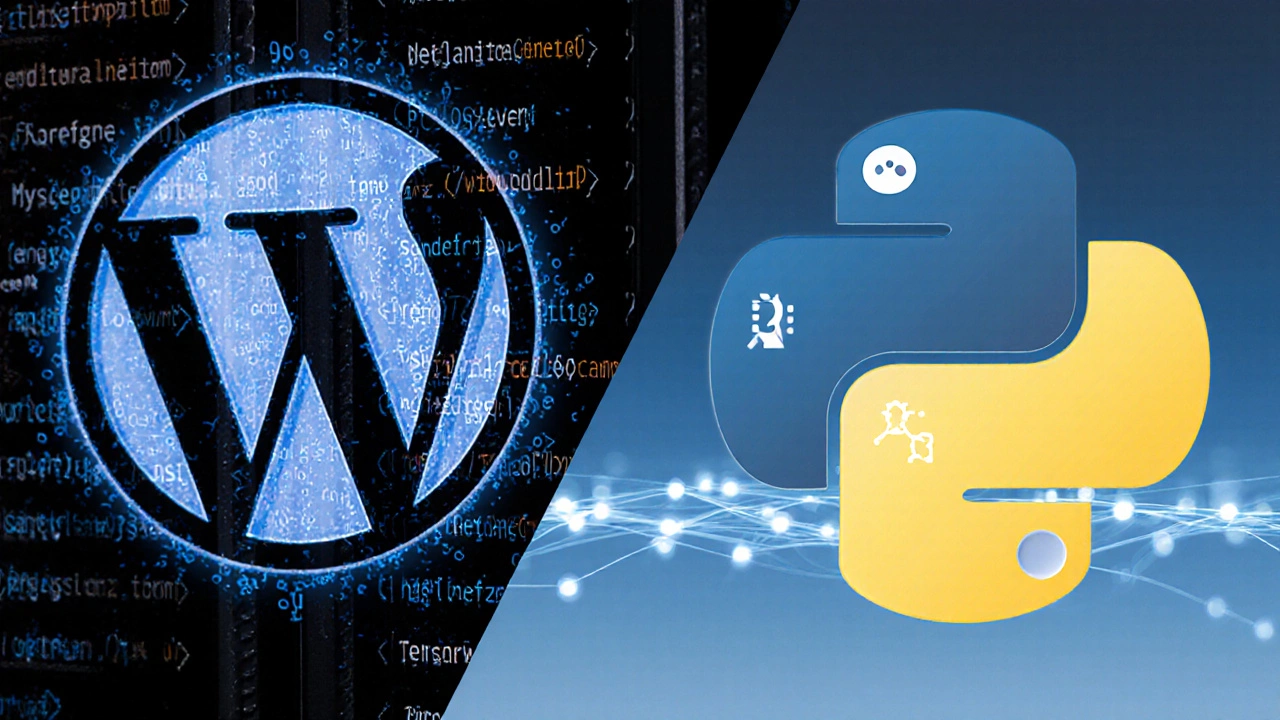Web Development in October 2025: Skills, Tools, and Real-World Insights
When it comes to web development, the process of building and maintaining websites using programming languages, frameworks, and design principles to deliver functional, responsive, and user-friendly digital experiences. Also known as website development, it’s no longer just about writing code—it’s about solving real problems for real users. In October 2025, the landscape has shifted. You don’t need a computer science degree to build a website, but you do need to understand what actually works. Over 60% of professionals today are self-taught, and the tools they use—like WordPress, a popular open-source content management system that powers over 43% of all websites, offering flexibility for both beginners and developers—have evolved to bridge the gap between design and functionality.
What’s driving this change? responsive web design, a design approach that ensures websites adapt seamlessly across devices—from mobile phones to large desktop screens—using flexible grids, media queries, and fluid images isn’t optional anymore. It’s the baseline. And the people building these sites? They’re not just coders. They’re problem solvers who need to understand how UI/UX design, the practice of improving user satisfaction by enhancing usability, accessibility, and pleasure in the interaction with a website or app affects performance. A button that looks good but doesn’t work on iOS? That’s a lost customer. Knowing HTML, CSS, and basic JavaScript helps designers talk to developers, avoid costly reworks, and ship faster. Meanwhile, full-stack developer, a professional who can work on both the front-end (what users see) and back-end (server, database, logic) of a website roles are still in demand, but now they’re expected to know SEO, hosting, and even basic marketing. It’s not about mastering every language—it’s about knowing when to use the right tool.
Whether you’re wondering if PHP is still worth learning, if you can host your own site on a Raspberry Pi, or how much a WordPress developer actually earns in 2025, this collection covers what’s real—not hype. You’ll find clear breakdowns of breakpoint strategies, cost comparisons for Google hosting, why big companies avoid certain languages, and how to start an e-commerce business with zero experience. No fluff. No theory without practice. Just the facts, tools, and timelines that matter when you’re building something that needs to work today.
Below, you’ll find a curated set of posts from October 2025 that answer the questions you’re actually asking—not the ones marketing blogs think you should care about. Whether you’re a designer trying to speak developer, a non-IT person aiming for a career shift, or a small business owner building your first site, there’s something here that’ll save you time, money, and frustration.











